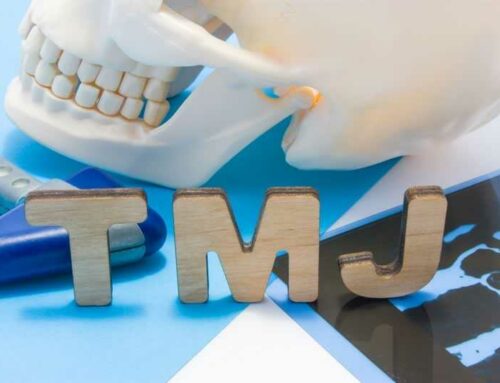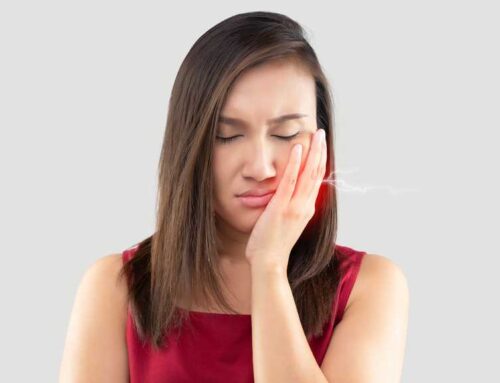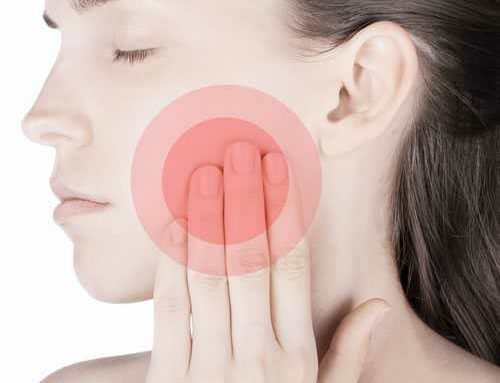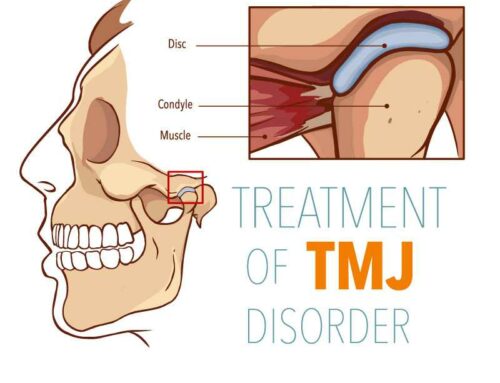Phantom head pain, which can also be referred to as Chronic Daily Headache (CDH), is a phenomenon that is not extensively understood by professionals. The theory goes that people have the ability to develop ‘pain memory’. This refers to a subconscious memory of pain experienced at a particular time, perhaps as a result of an injury, stress or an emotional occurrence. Experts postulate that, in some cases, head ‘pain’ may be triggered by a similar emotional occurrence or stressor, which brings the ‘pain’ memory to the fore. The theory suggests that, as a result, the ‘pain’ experienced thereafter is not actually pain at all, but rather a vivid memory of the pain once experienced.
Countless experts are of the belief that there is a notable connection between pain and emotion. There are currently a number of studies being conducted to investigate the interrelation of a headache to emotional symptoms.
What to Do if You Suspect You Are Suffering from Phantom Head Pain?
If you suspect that you are suffering from phantom head pain, it is important to stop taking medication to control your headaches and seek the help of a specialist who will be able to help you from a natural route. Many who suffer from phantom head pain, and phantom pain in general, turn to cognitive behavioral therapy or psychological interventions, while others opt to consult with a headache doctor or specialist.
Temporomandibular joint (TMJ) syndrome is a pain in the jaw joint which can lead to frequent headaches. Many people who suffer from TMJ may be incorrectly diagnosed and told that they are suffering from phantom head pain.
So, what are the TMJ or phantom pain head options currently available to you? For chronic headache relief and a full consultation, make an appointment at The Head and Neck Centers of Excellence. Our headache doctor offers natural treatment via our exclusive non-surgical A.S. Remodeling Protocol®. Contact us now to learn more.






